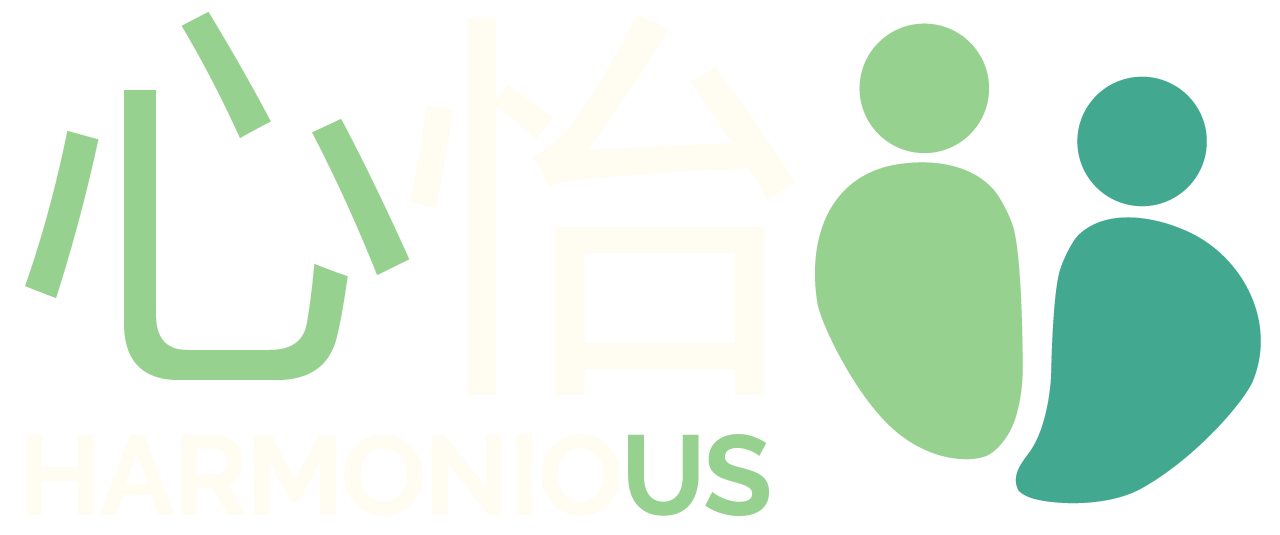时至今日,我依旧不知道为什么自己会出现心理健康问题
To this day, I still don’t know why I developed a mental health problem
一个来自中国在麻州学习的28岁男性国际学生 | A 28 YEAR OLD MALE STUDENT FROM CHINA WHO STUDIED IN MA

To this day, I still don’t know why I developed a mental health problem.
But prior to my diagnosis and treatments, my struggles with mental health felt unbearable. The first two years were especially hard, as constant stress and demands in a new environment probably had adverse effects on my mental state. What was second nature to me back at home suddenly became hard labor in this new environment. To adapt to this new environment during my adolescence was painful and lonely, and my health deteriorated quietly. It was then that the people around me started to notice symptomatic behaviors associated with mental health disorders. I remember I displayed some strange body languages. I would shake my head or blink or groan on some occasions. That happened quite often around the time right before I was hospitalized.
I was able to recover after receiving treatment, and I am so grateful for getting my health back. This harsh lesson had one positive effect on me – it made me more aware and conscious of my health than ever before.
Mental illness has a significant impact on patients and their families but these problems are frequently hidden. Unfortunately, for many in our current society, there is an unwritten agreement to avoid talking about mental illness or fundamentally believe in its existence.
Discussions on mental health are often guided by some “universal values” and “ethical codes:”
“Are people with mental illness inferior to other people?”
“Did people with mental illness do bad things in their previous life?”
“Mental patients and geniuses are only separated by a thin line.”
“It is because of insufficient willpower that you have mental problems.”
These preconceived concepts hinder the recovery of patients and impact the public’s understanding of mental illness.
时至今日,我不知道为什么自己会出现心理健康的问题。
不过在我就医接受治疗且逐渐康复之前有一段成长的时光是非常痛苦的。我小时候在中国成长,初中时来到美国麻萨诸塞州,就读于私立学校。由于语言与文化的障碍,在国内的生活规律和习以为常的沟通方式在新的环境下发生了翻天覆地的变化。我经历了一段令以前的我所无法想象的痛苦而孤独的时光。那段阴暗的日子非常难熬,感觉自己无法被周围的人认同或是理解。精神健康在不知不觉中恶化,反常的举止和想法以及症状开始浮现出来。虽然能够隐约地意识到这些是自己天马行空的妄想,但是这些莫名其妙的想法不管怎么克制都会浮现出来。
在那段时间里的我的的确确是病了,但是不幸中的万幸,我能在条件非常好的医院接受治疗与康复。在我的家庭,医生和朋友的关怀和帮助下。我渐渐从这些困扰我的问题中走出来了。现在的自己有时候会对那段经历有所回忆,会纠结那时候生病的原因,但是同时能够为自己恢复健康而感到庆幸,也更加珍惜自己的健康。
精神疾病对病人和病人家庭带来的负面影响是非常巨大而且隐性的。但是目前很多人对精神疾病避讳或者从根本上拒绝相信它的存在;这似乎是社会上人与人之间广泛存在的不成文的认同。
精神健康的讨论常常会被一些“普世价值”和“道德准则”所引导。“得了精神疾病是否就比其他的正常人低人一等”,“精神疾病患者是不是上辈子做了坏事”,“精神病人和天才只有一线之隔”,“是自己意志力不够才会精神出现问题的”。
这些先入为主的概念对病人的康复以及大众对精神疾病的理解是一种压力和阻碍。

